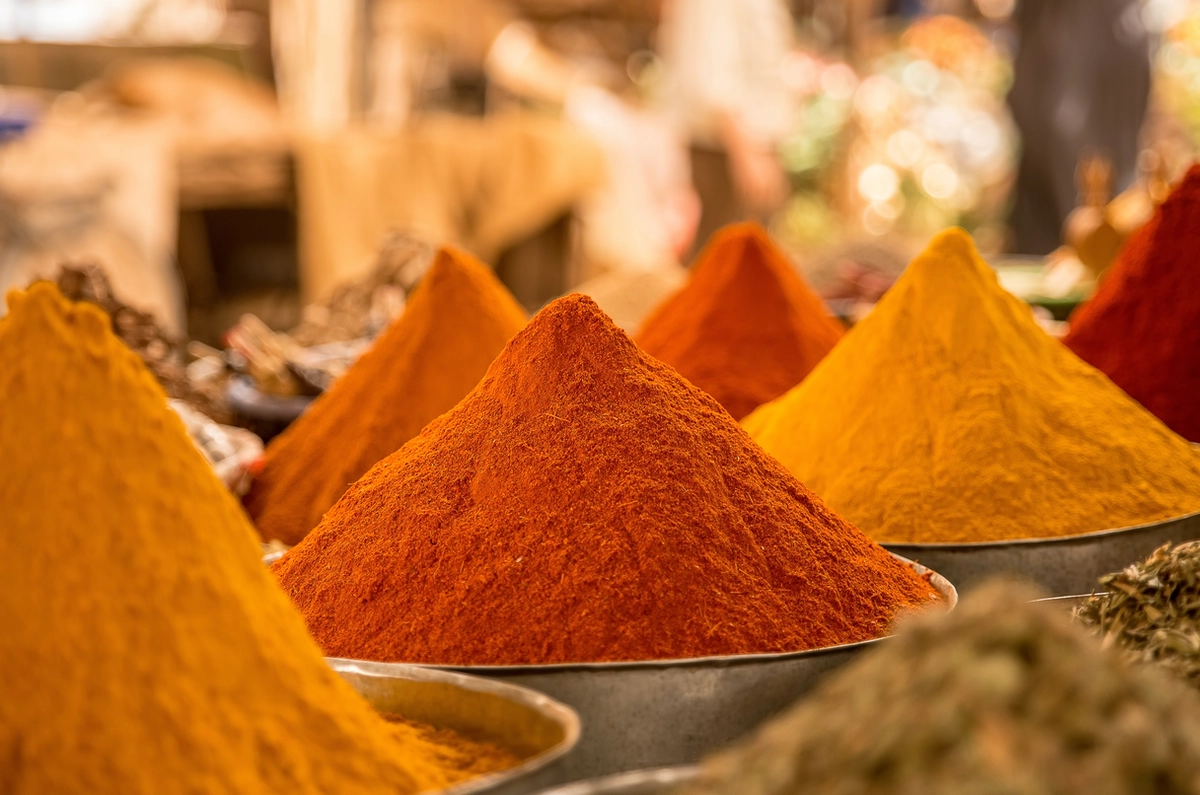Curry powder and the question of authenticity

Some of these ground spices go into the blend that we call “curry powder.” Some do not. Do you know how hard it is to find a photo of curry powder? Please, just roll with it. Photo by Mike van Schoonderwalt from Pexels.
In the latest issue of Gravy, Southern chef, Vishwesh Bhatt, argues that curry powder is indeed authentically Indian and Indian-Americans should accept that.
British empire lead to Indian laborers and indentured servants becoming a present in much of the Americas. Drawing on Rohini Chaki's 2019 essay, The Subversive, Surprising History of Curry Powder, Bhatt points out that Indians were present in North America as early as the 1600s, as part of the Jamestown colony. These indentured servants and laborers likely introduced the spice blend that we call curry powder to the continent.
Curry powder, then, is attached to a history of colonial subjugation. Bhatt argues that this may be why many Indian-Americans reject it.
This post-1965 wave of South Asian immigrants came mostly from the upper castes. By and large, they had benefited from the colonial system that had ruled and subjugated the majority of the subcontinent for centuries. I see their rejection of curry powder—and its origins in the history of indentured servitude—as a reflection of class prejudice, whether conscious or not. Acknowledging that history would be to admit that the scions of upper castes have been complicit in a system that subjugated entire nations.
Bhatt also reminds us that pre-blended spices are authentic: Back in South Asia, several such blends—garam masala, chaat masala, and more—are household staples.
Bhatt's cookbook, I Am from Here: Stories and Recipes from a Southern Chef, is fantastic, by the way. Its recipes are for the most part accessible, and easy. They're recipes that highlight the common threads through southern Indian and American Southern cuisine.